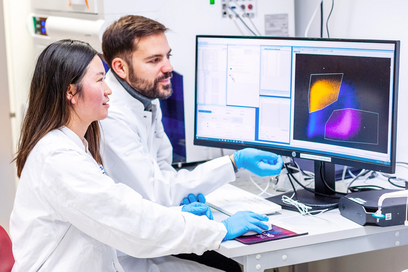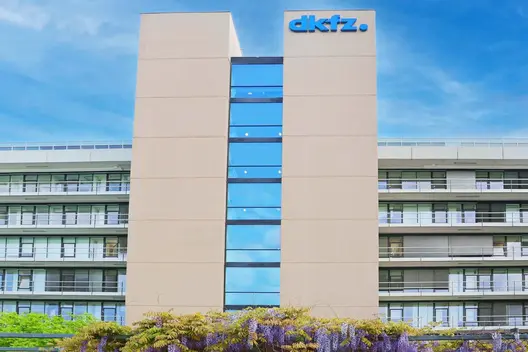Who we are
The German Cancer Research Center (DKFZ) stands for excellent science, groundbreaking innovations, and a clear mission: researching for a life without cancer. Discover more about our mission and values, fascinating facts and figures, and how to find us in Heidelberg.


